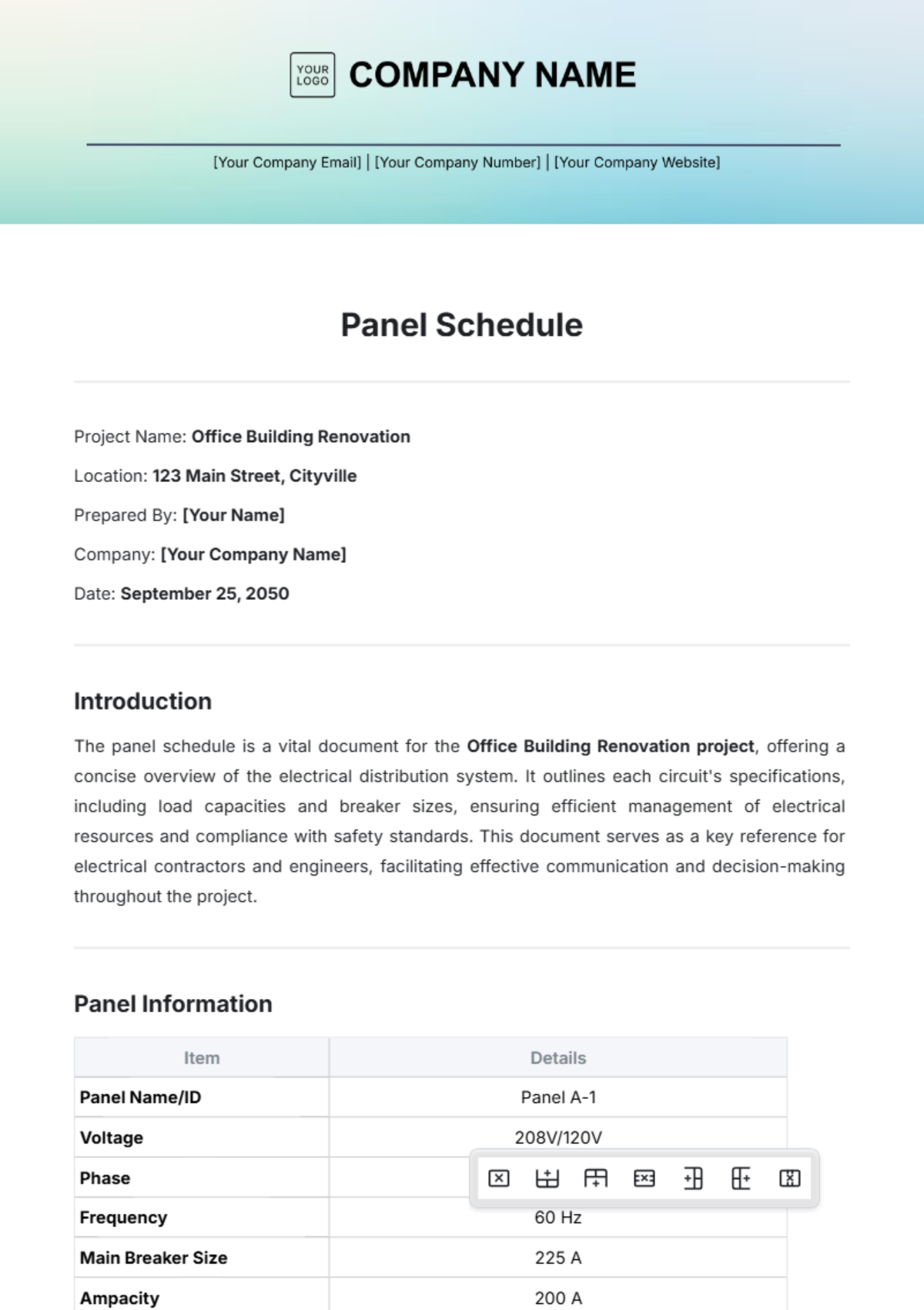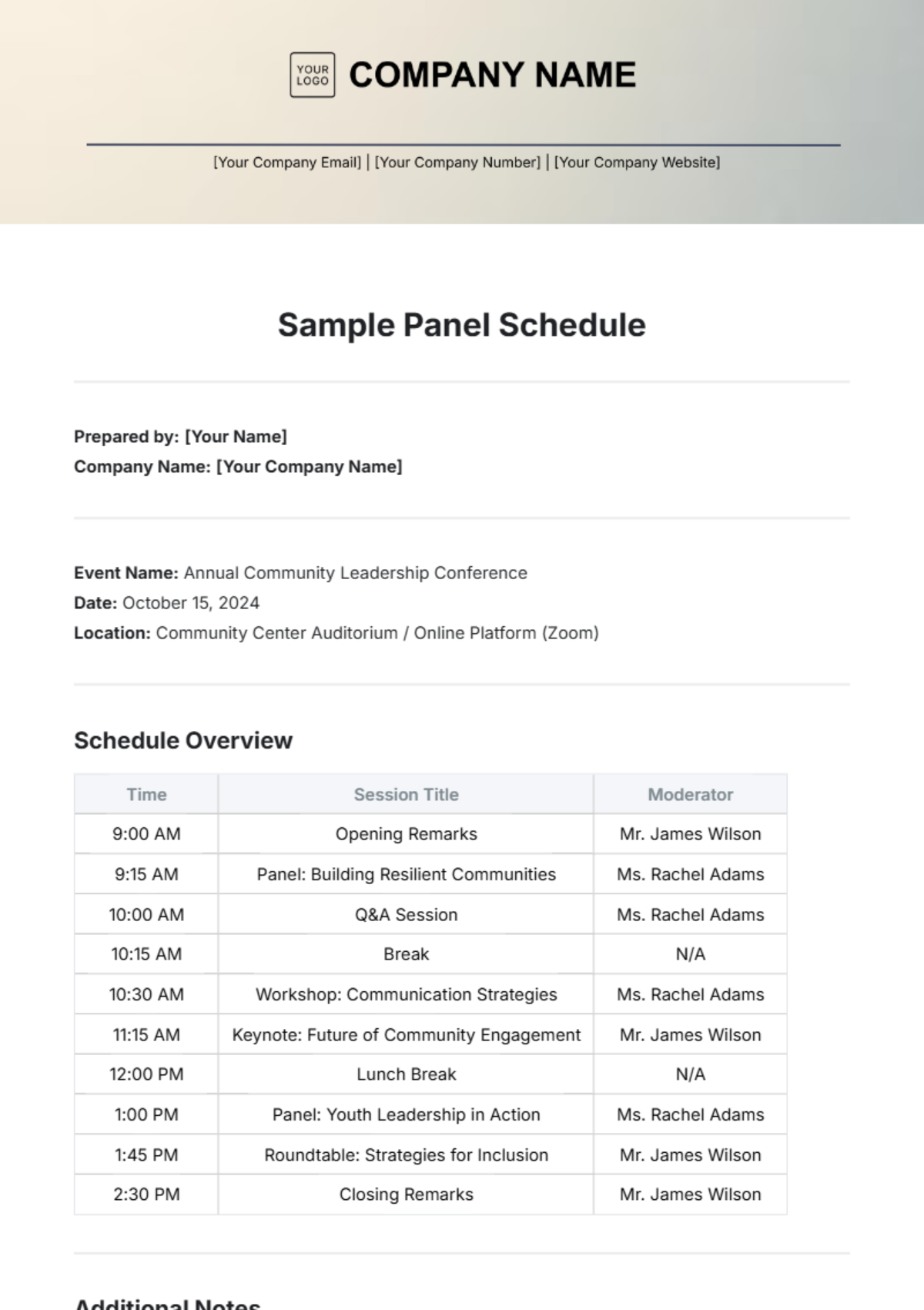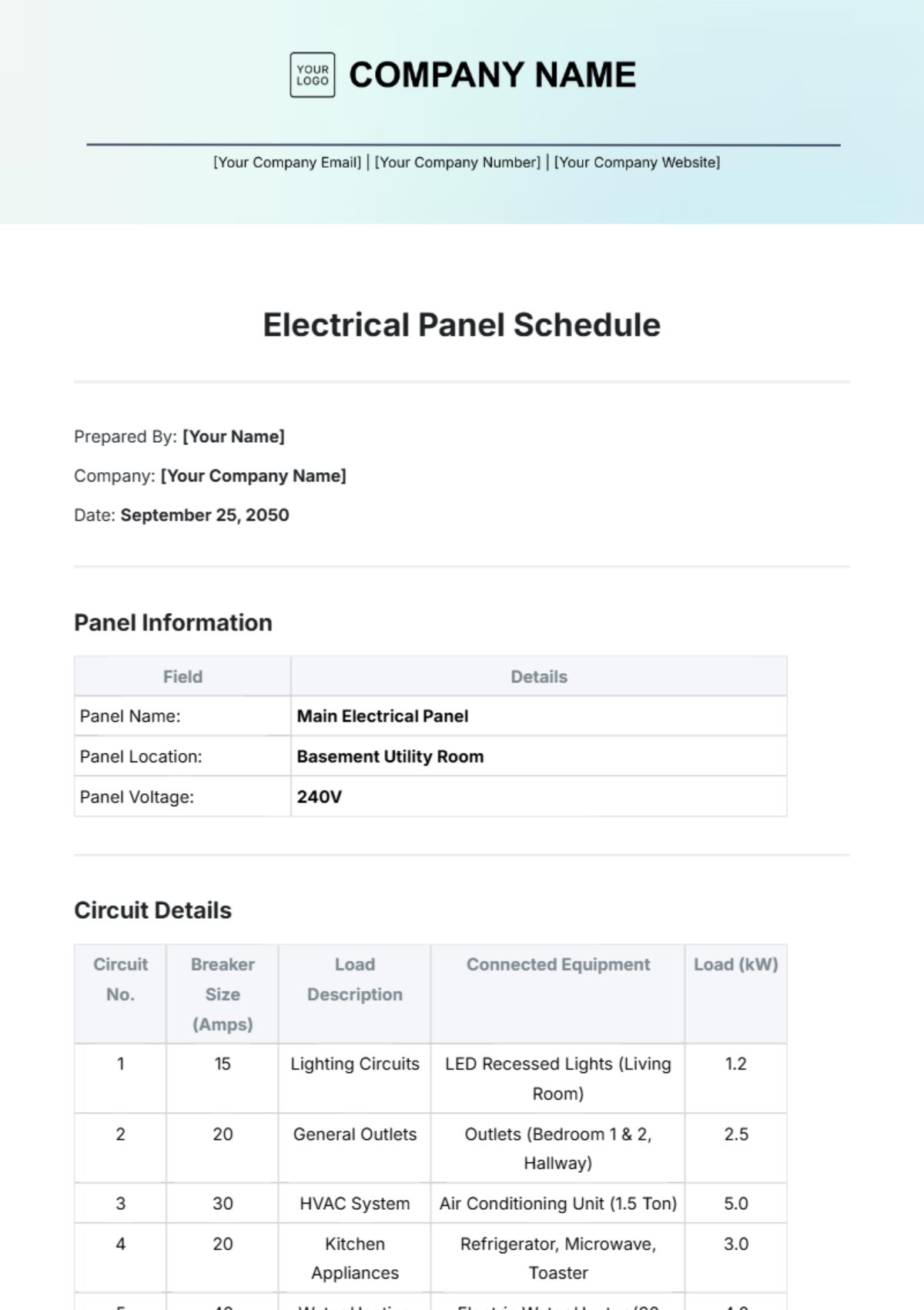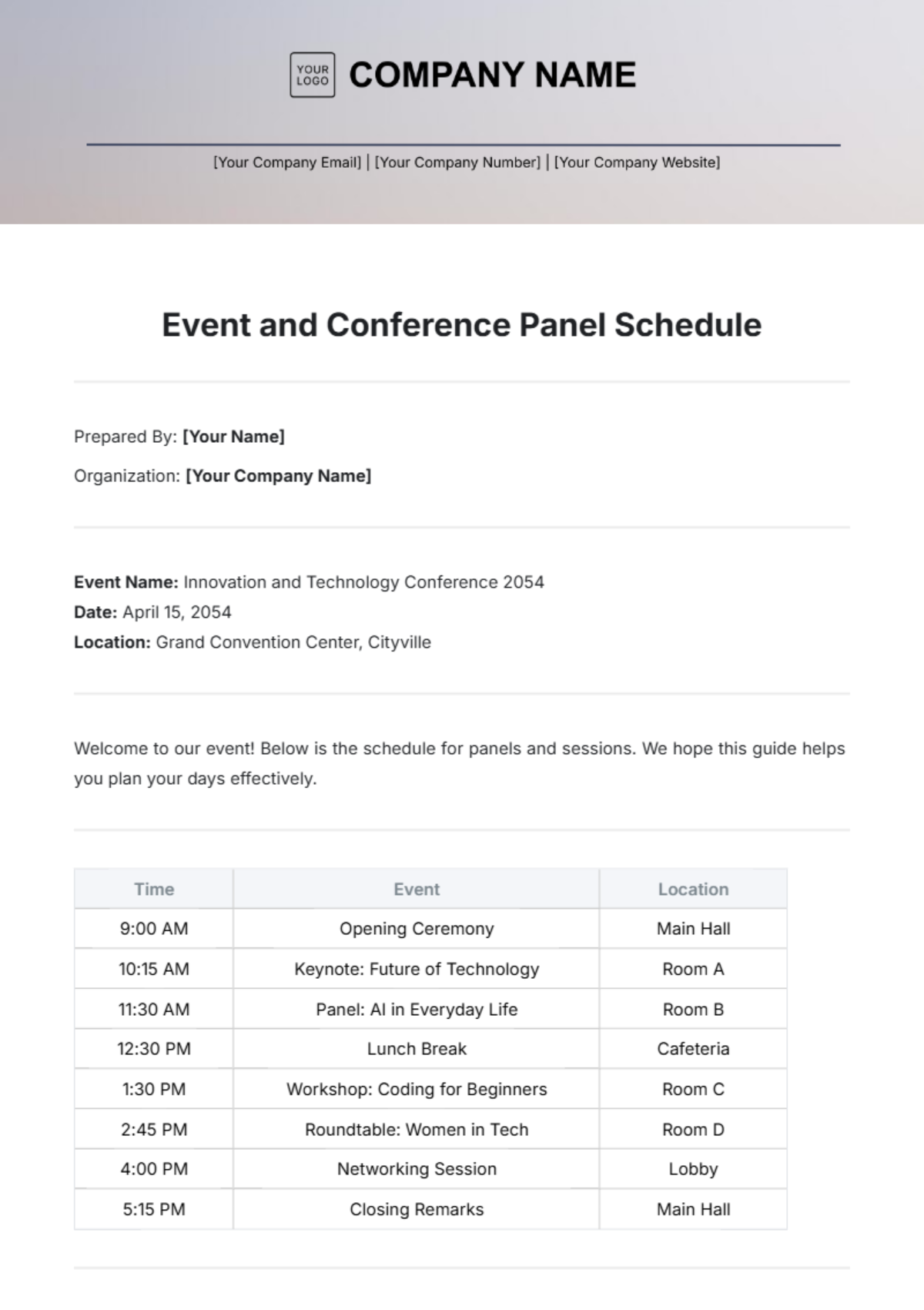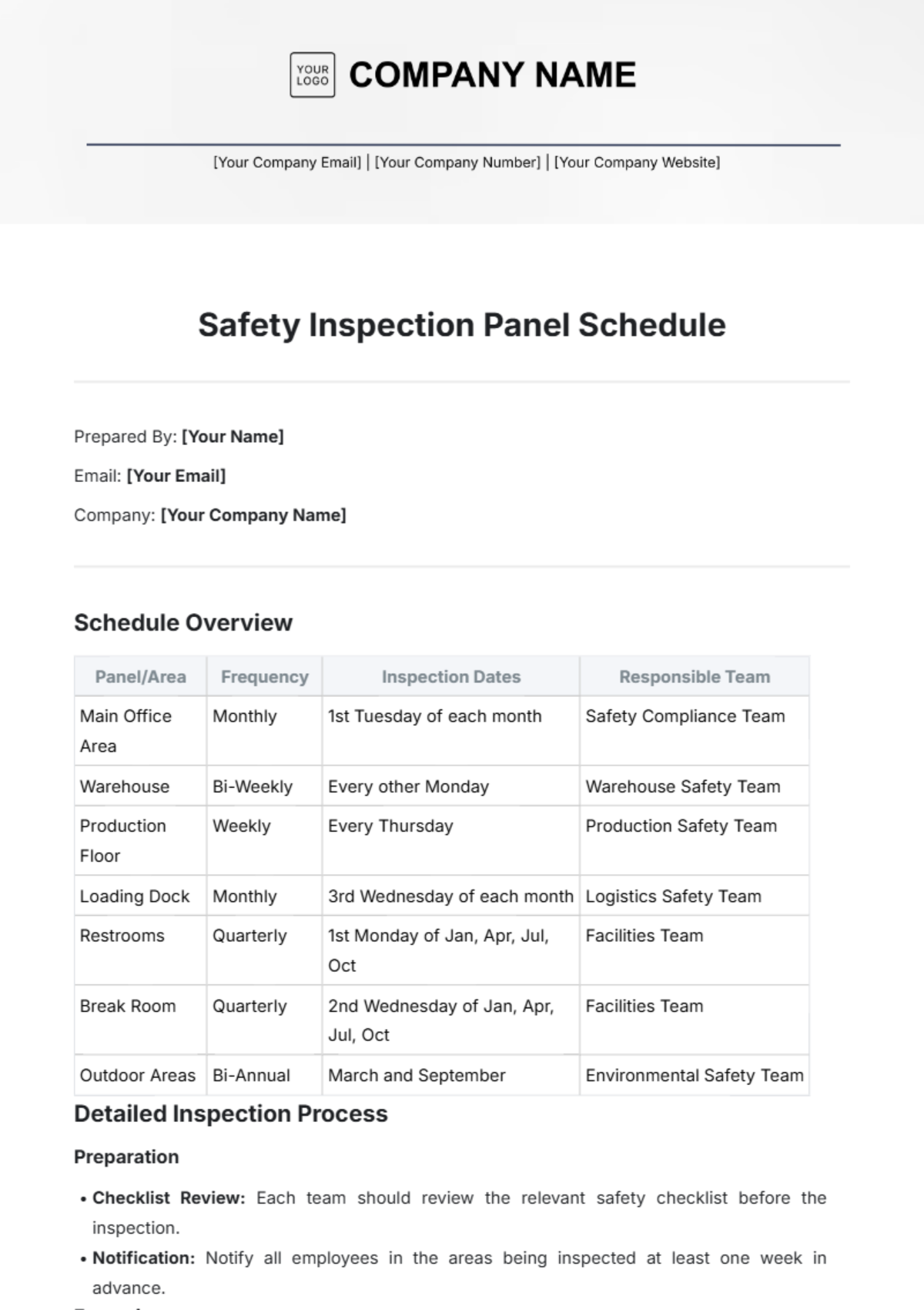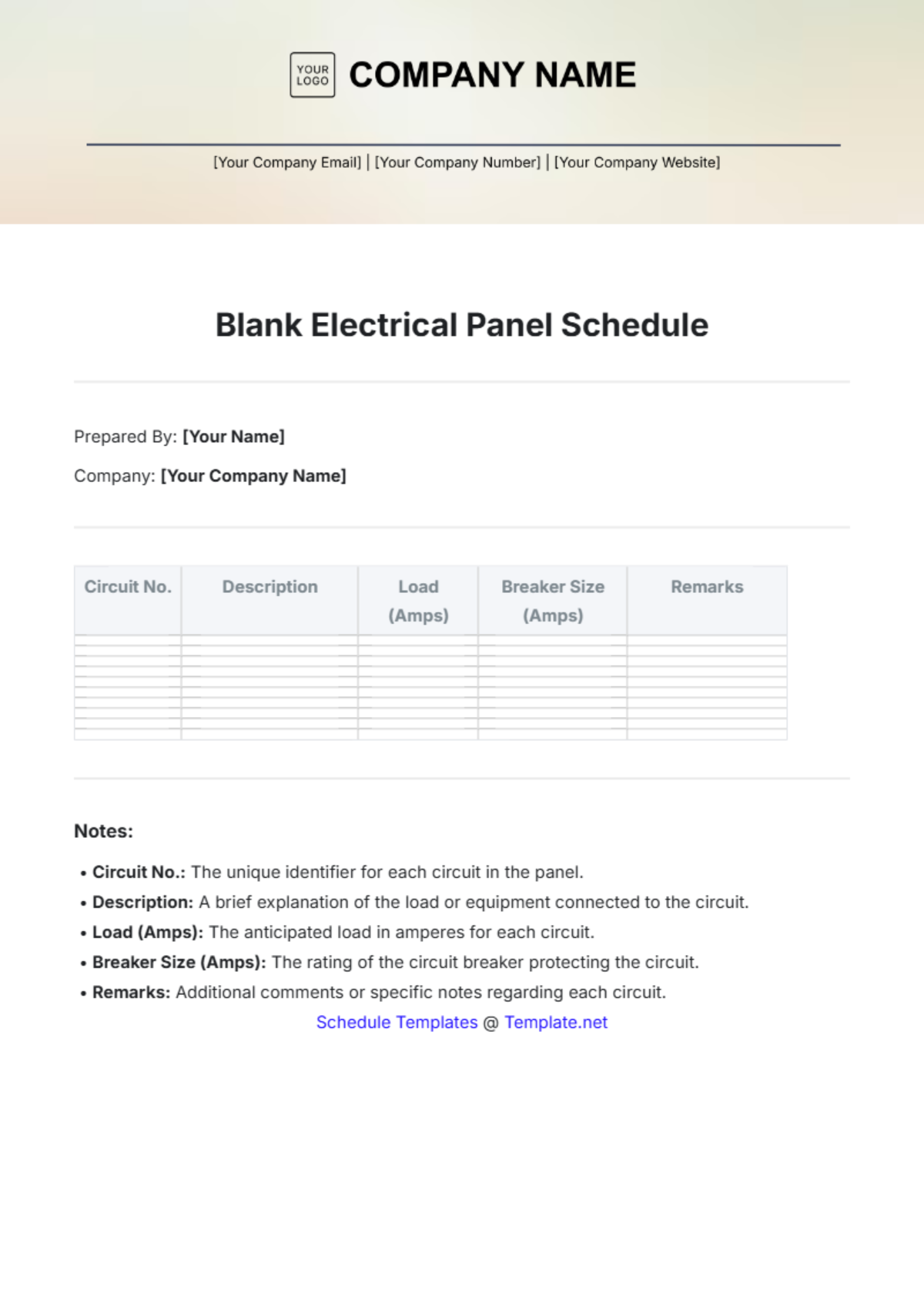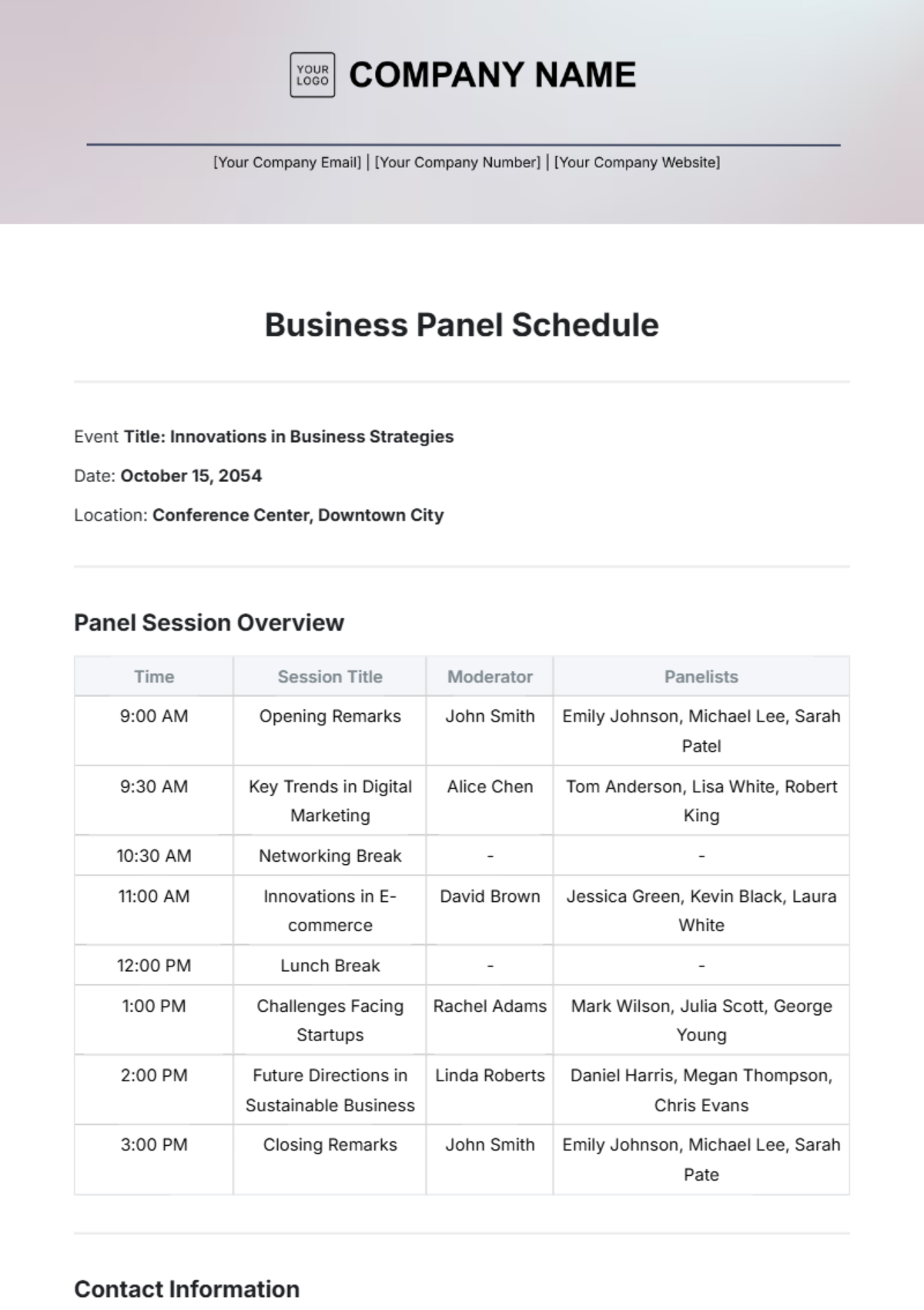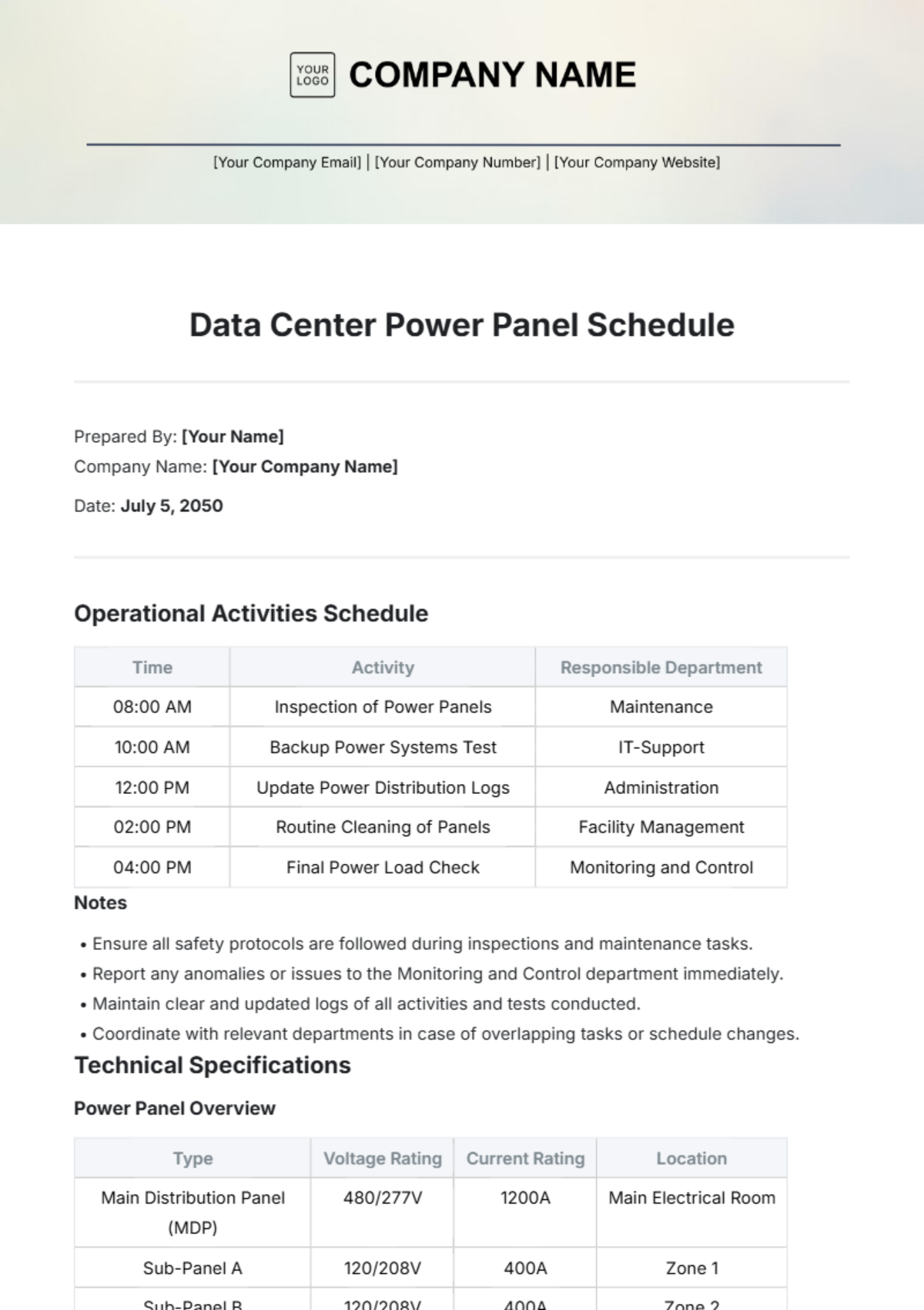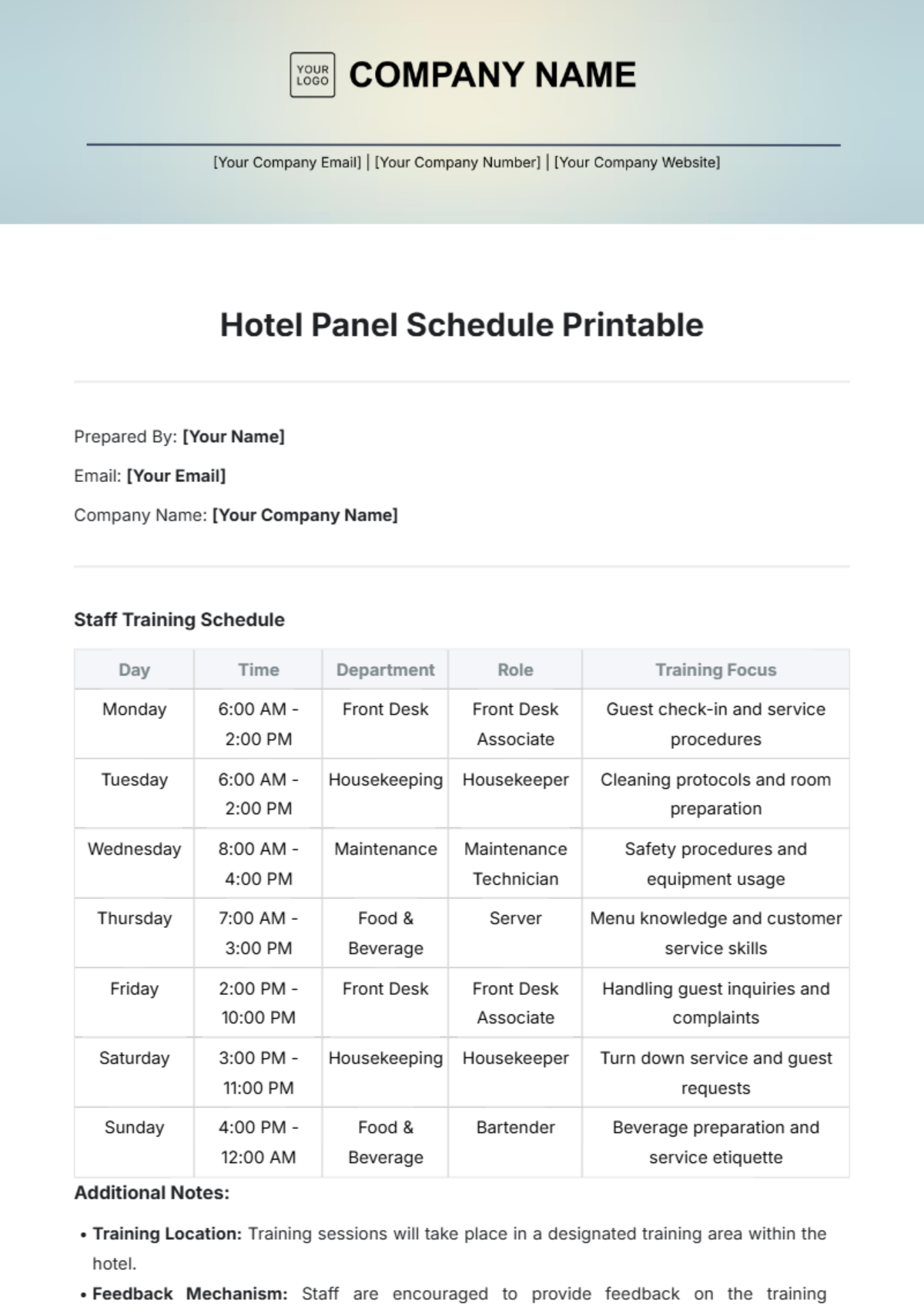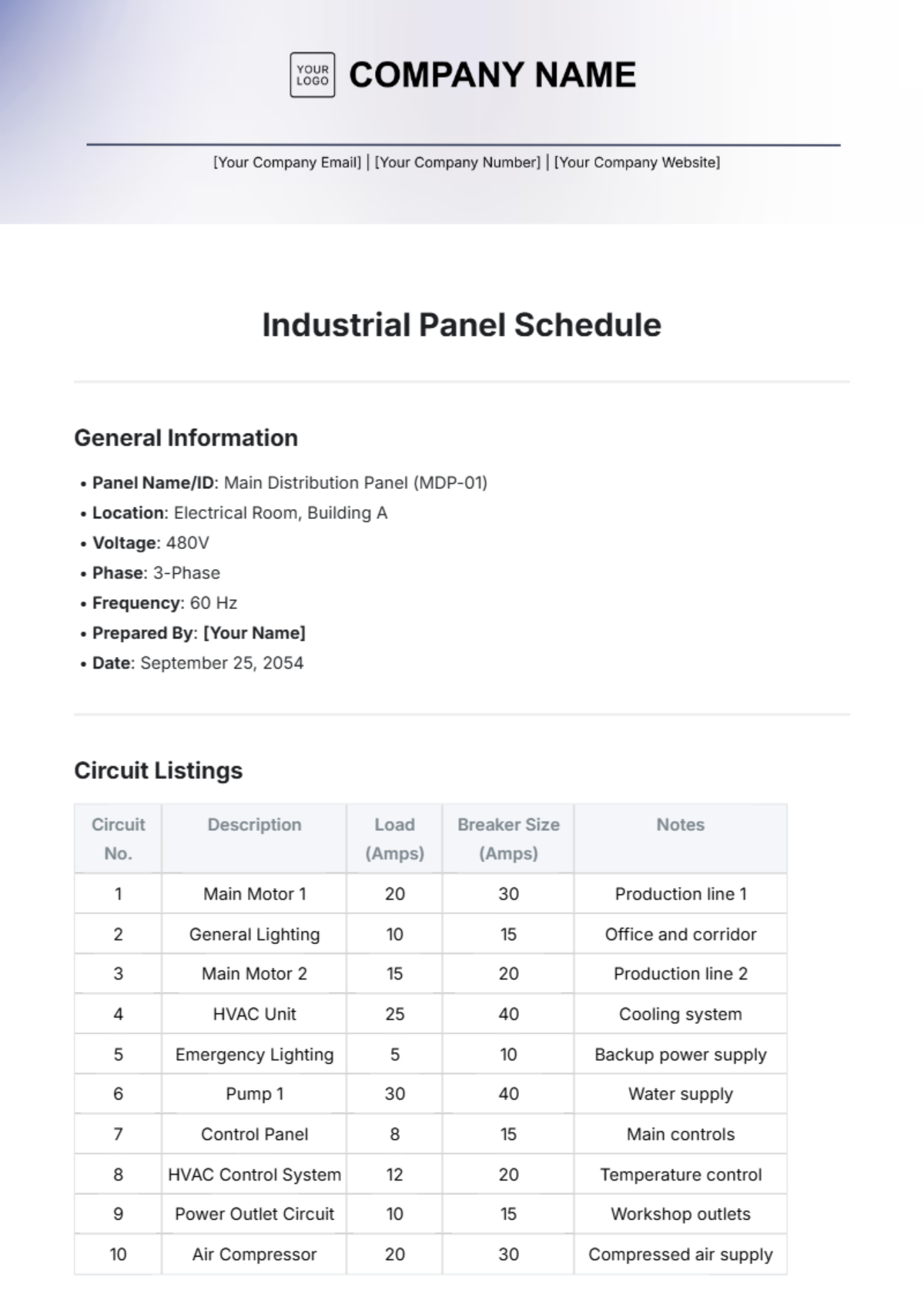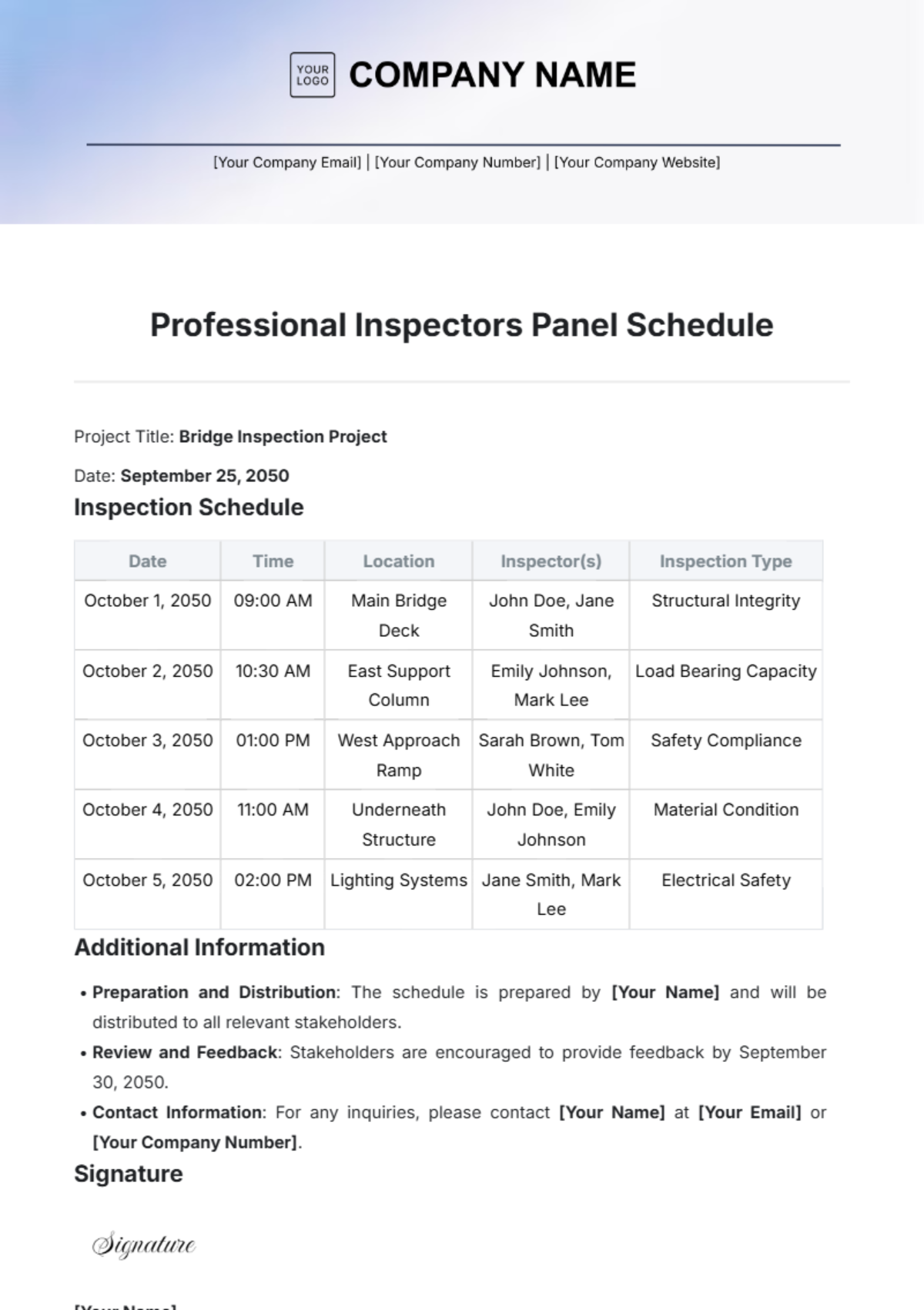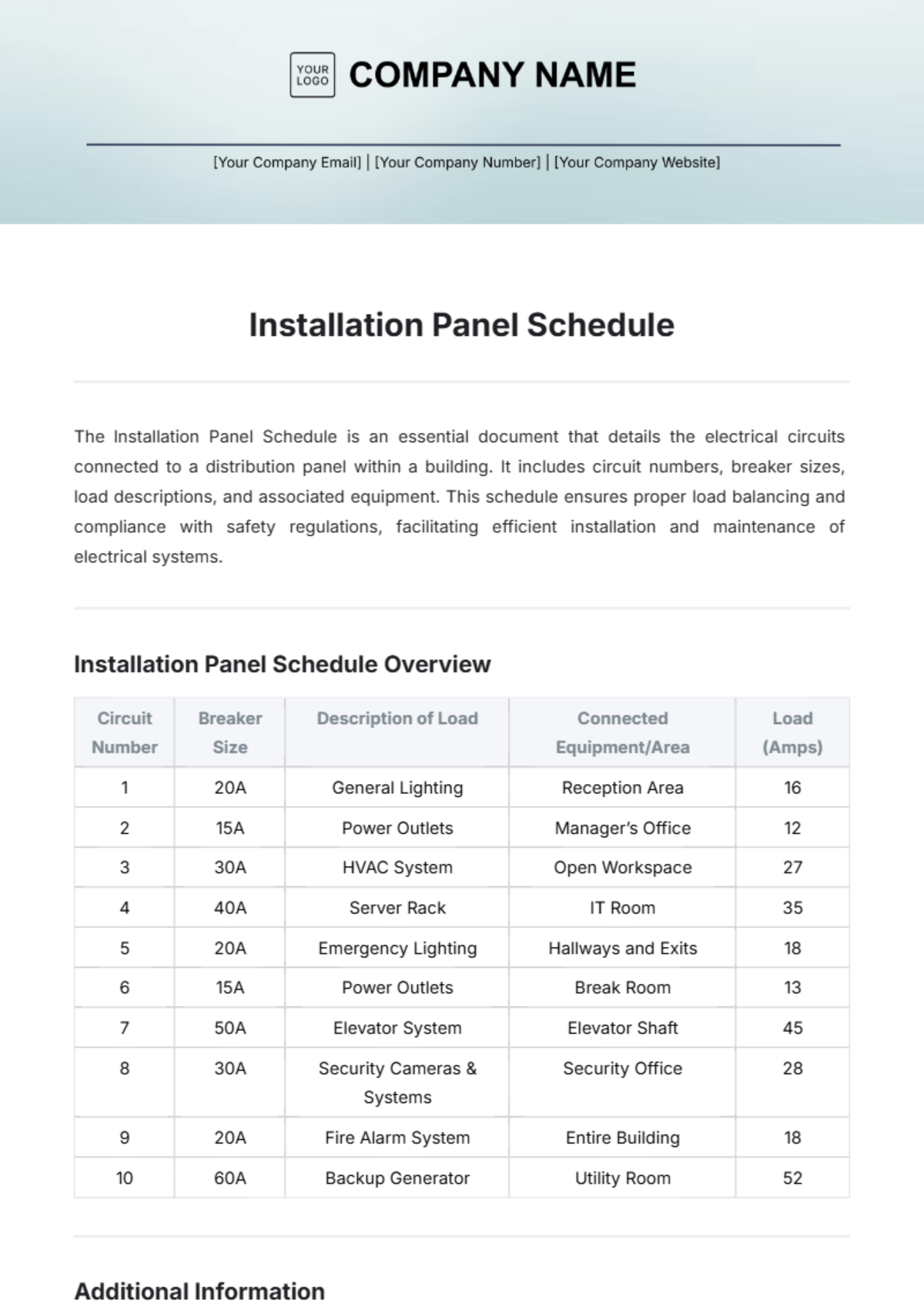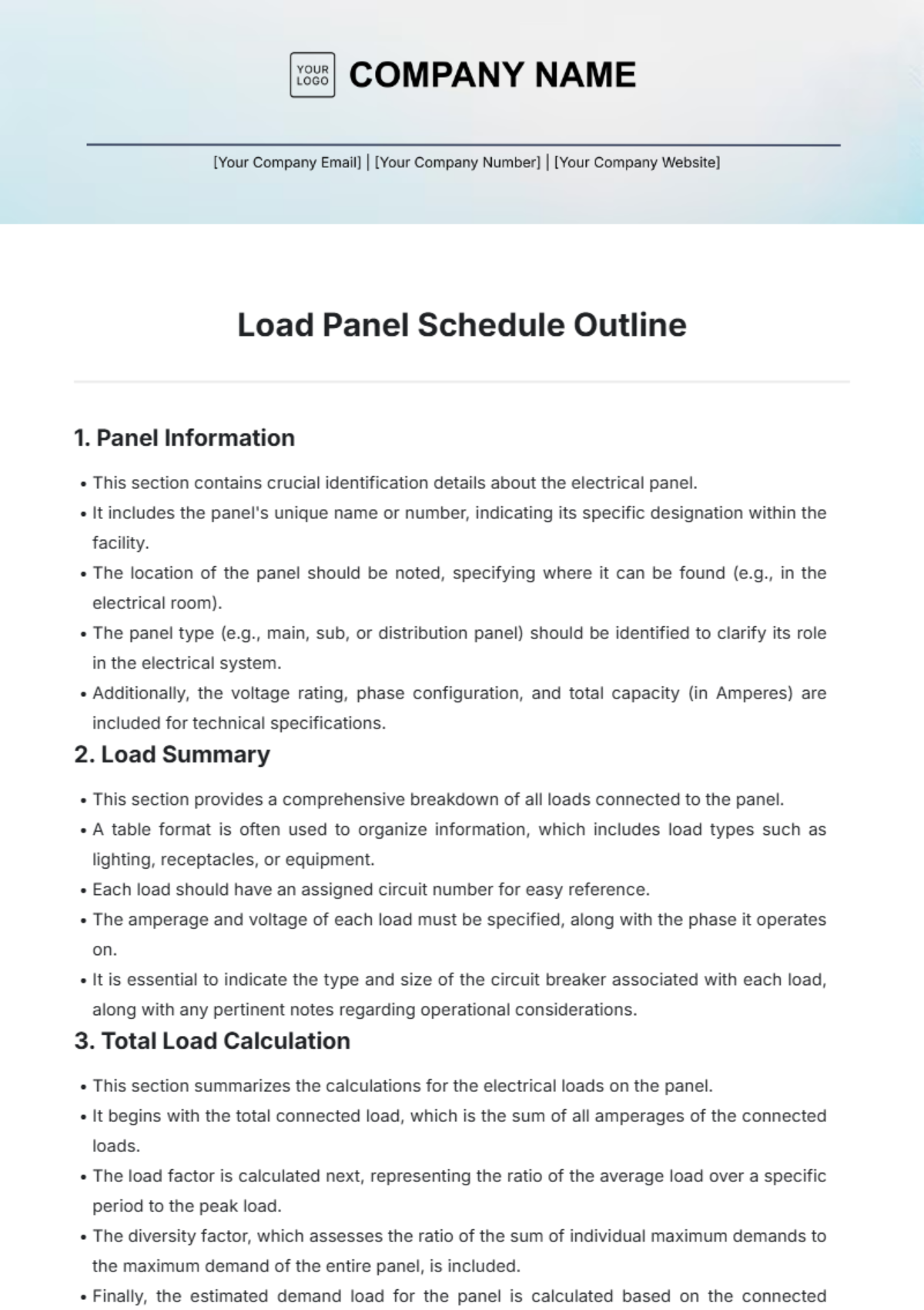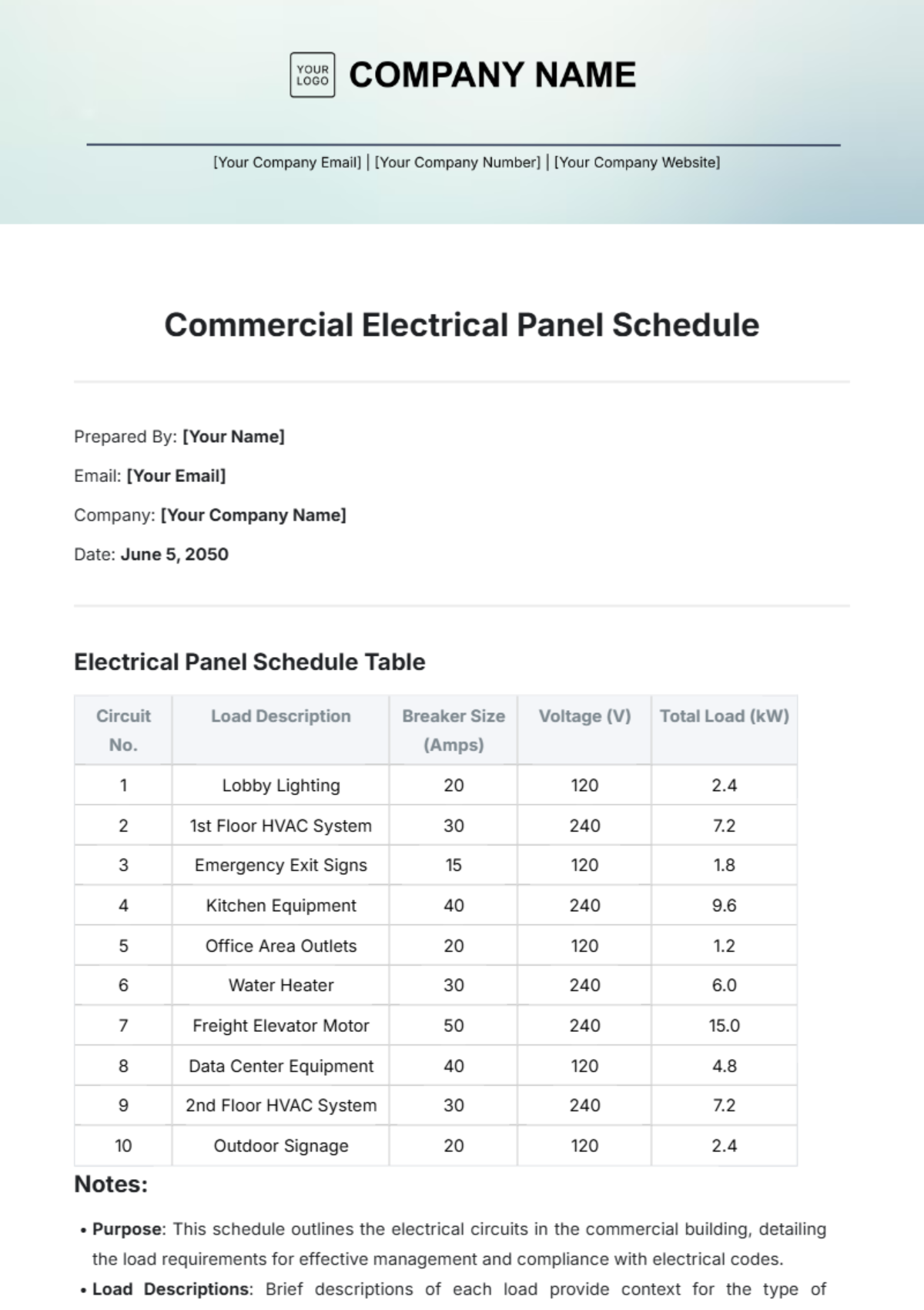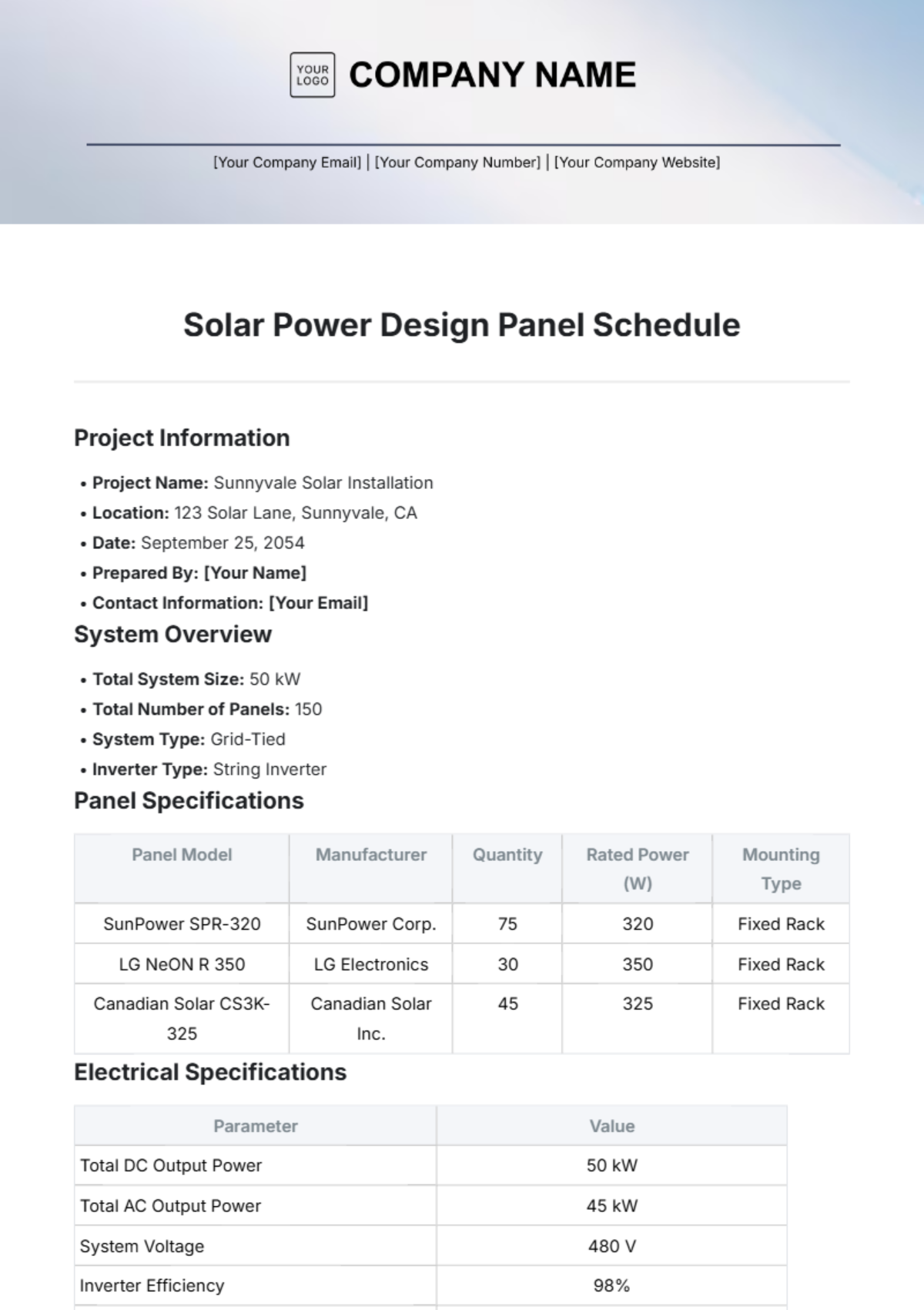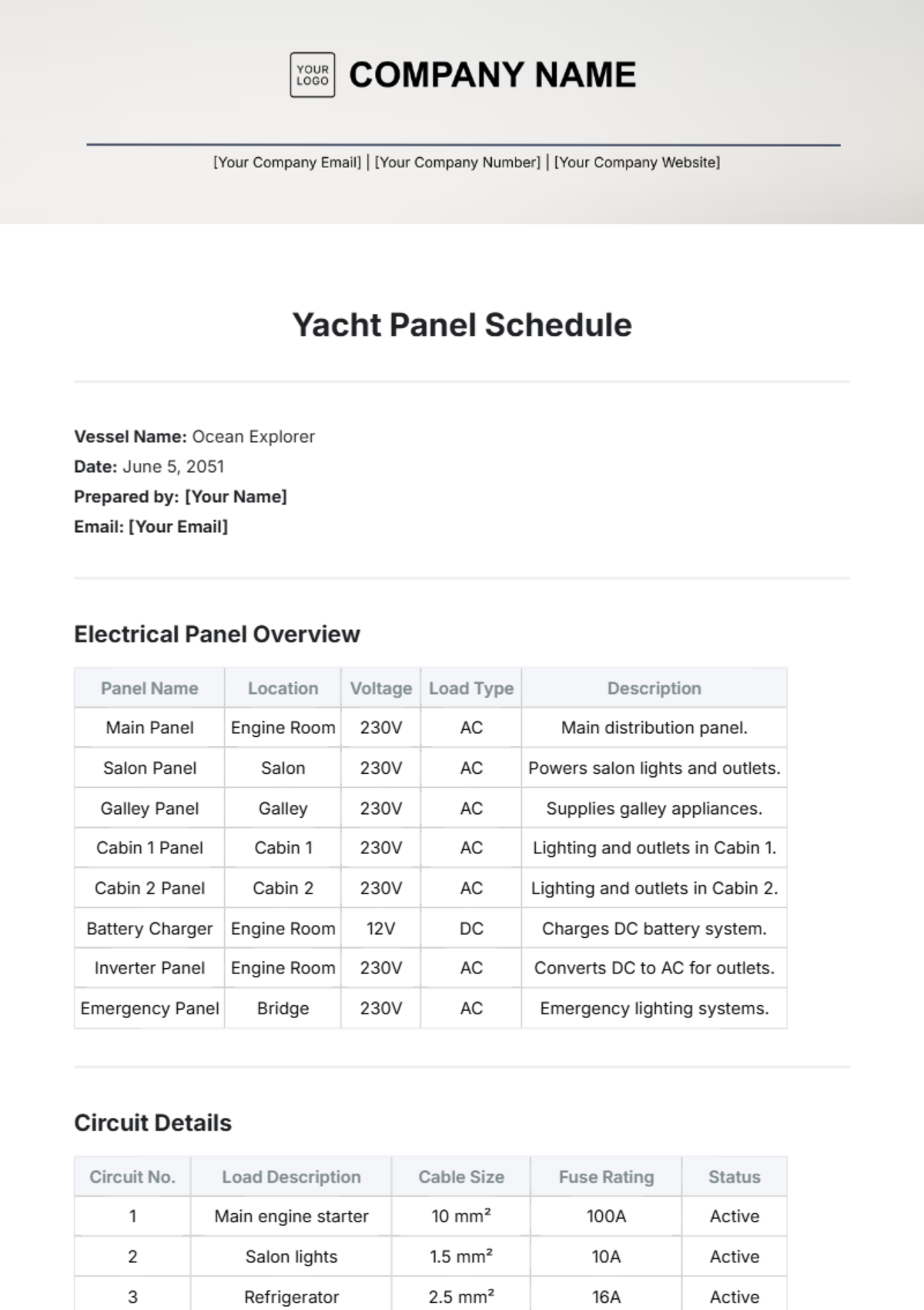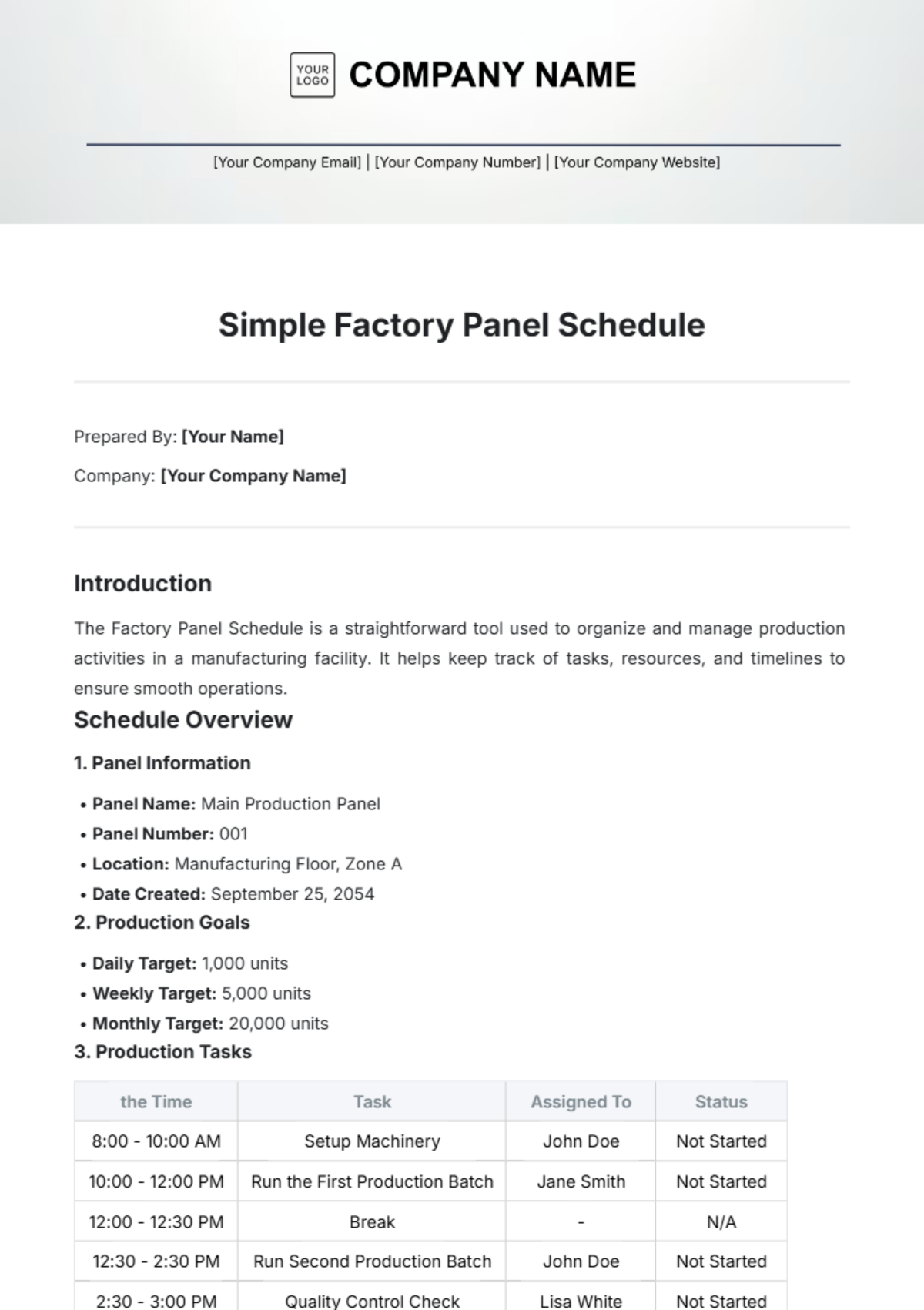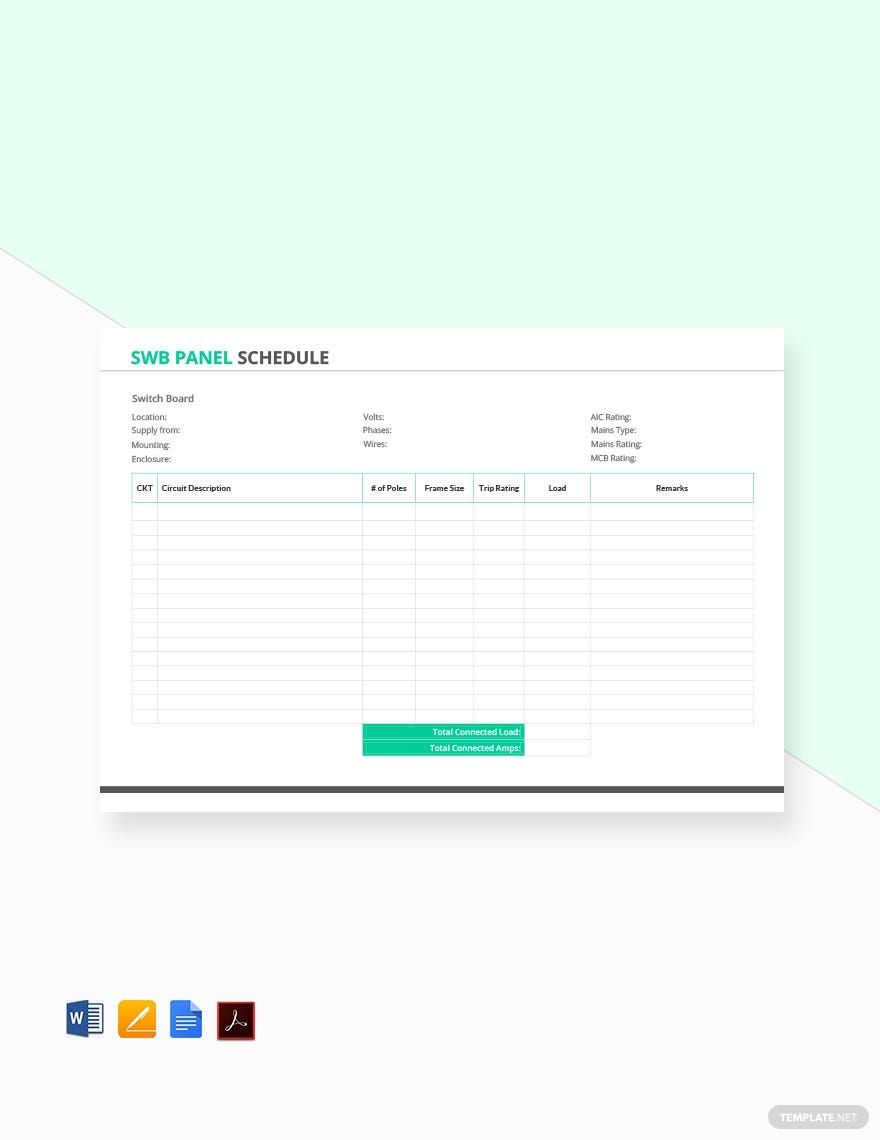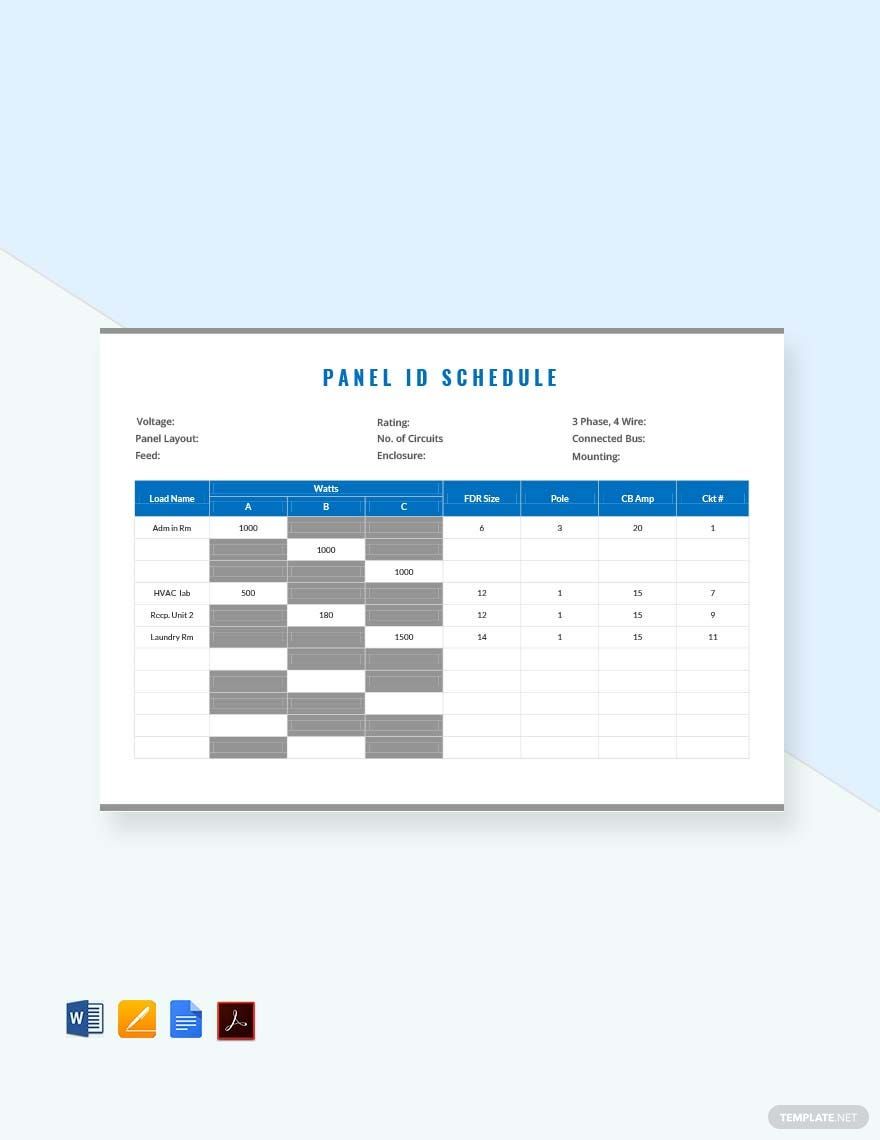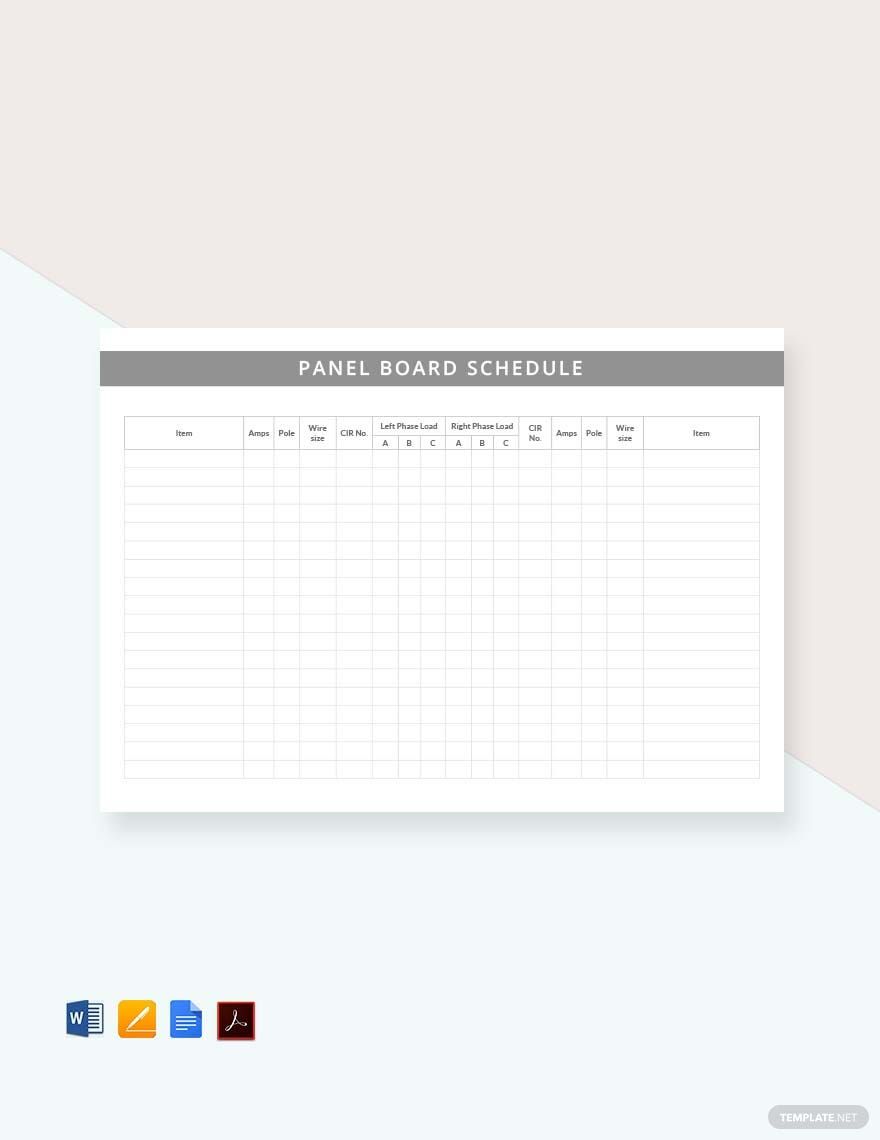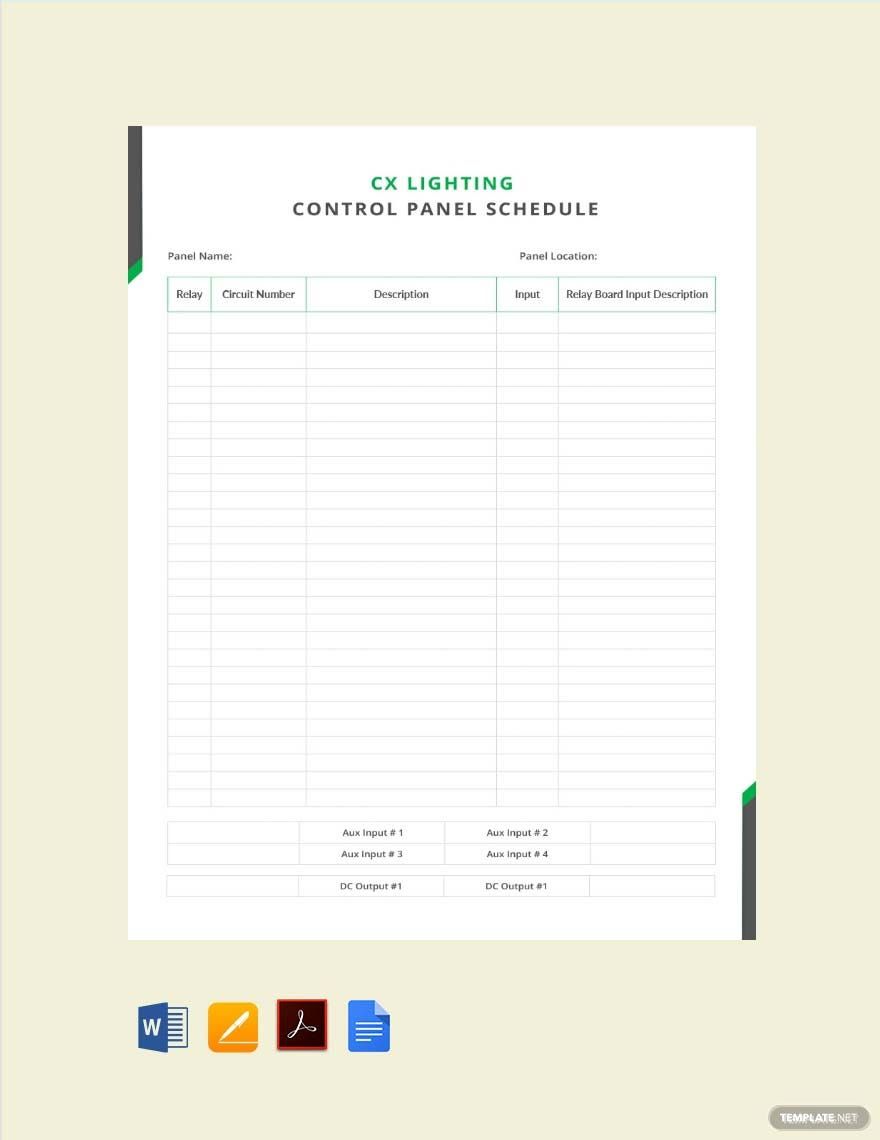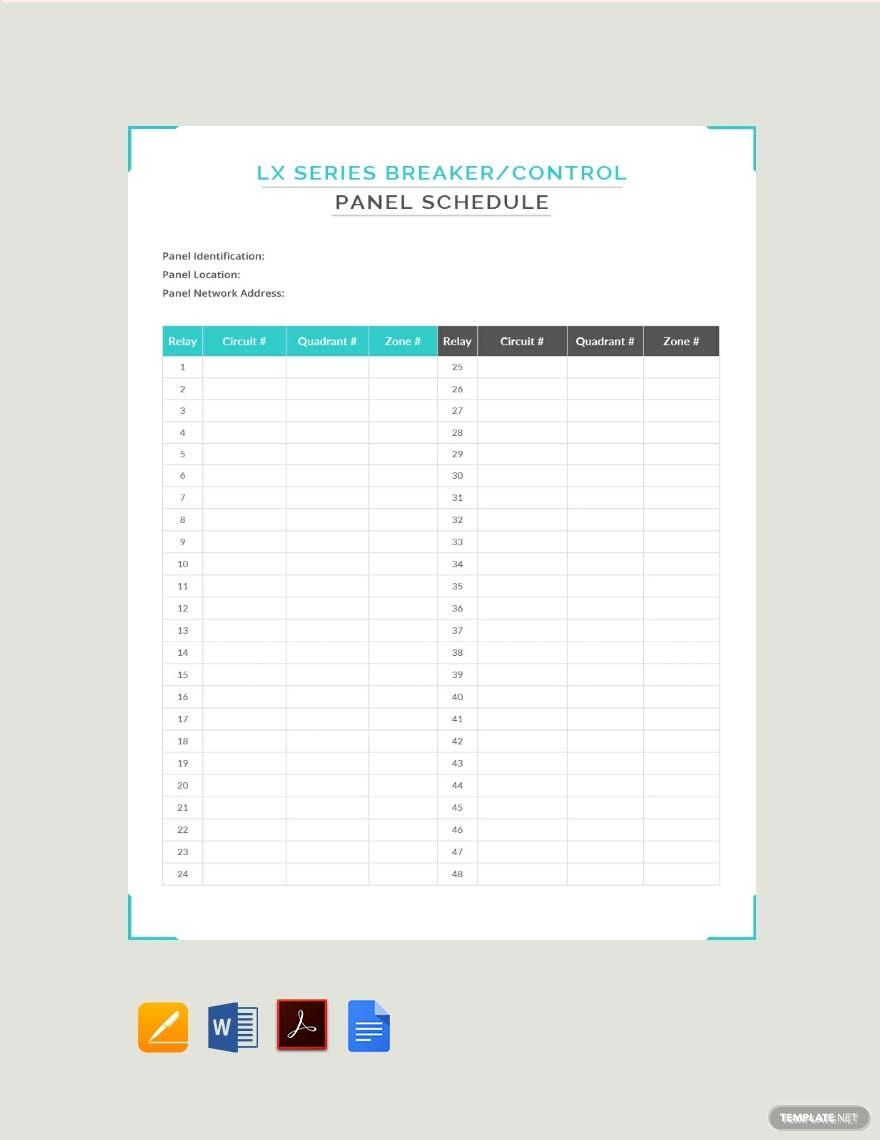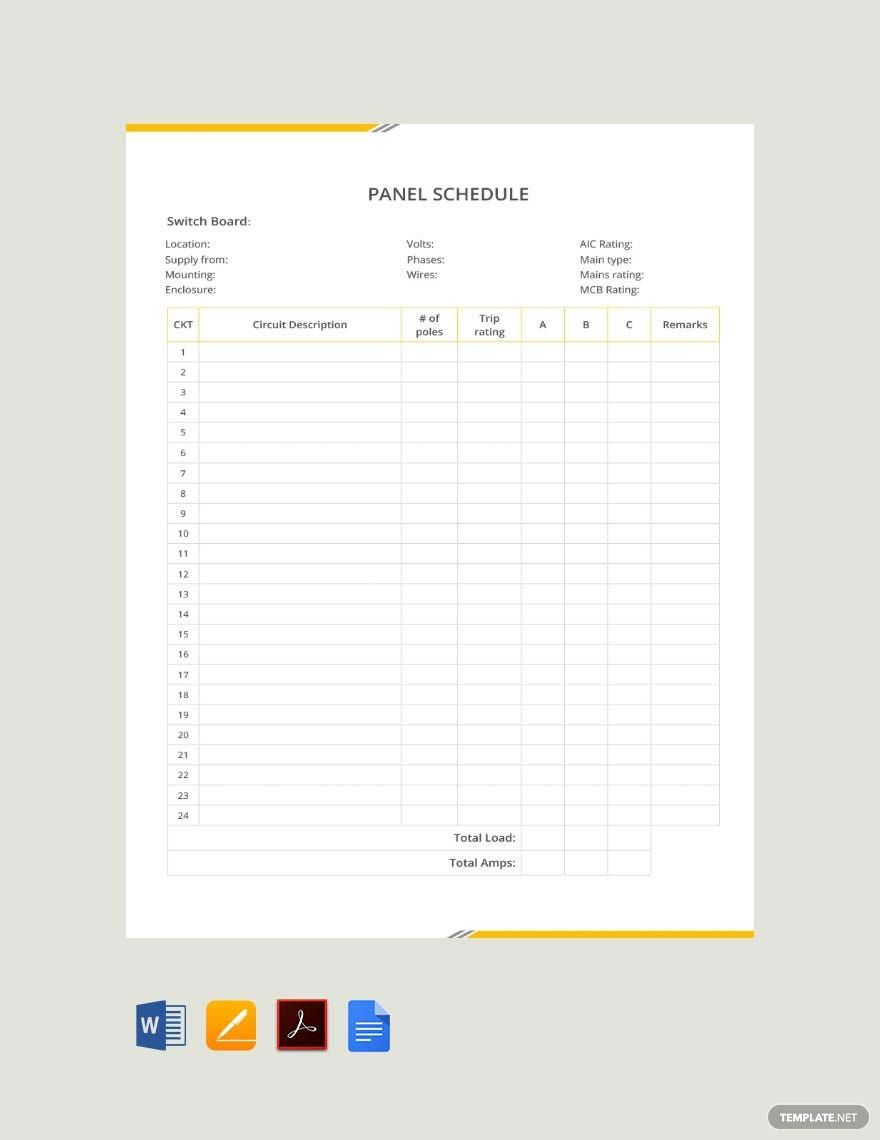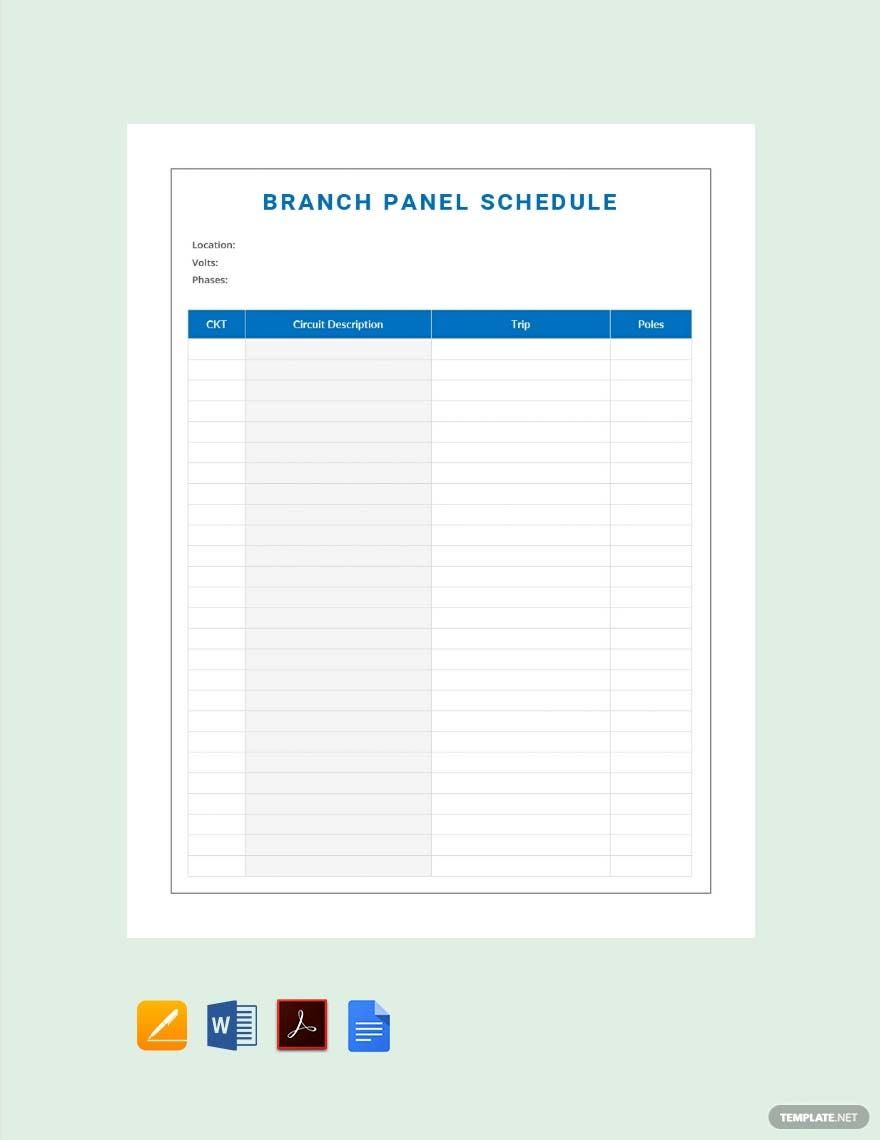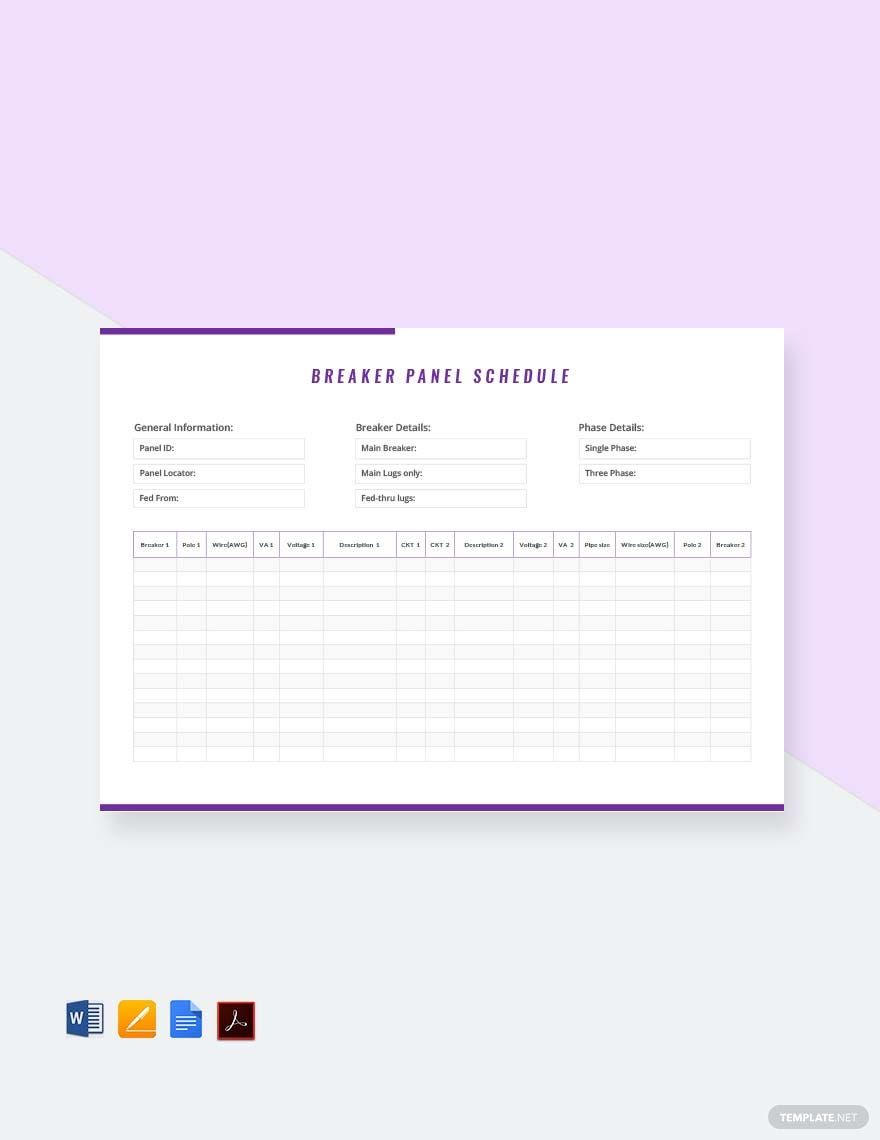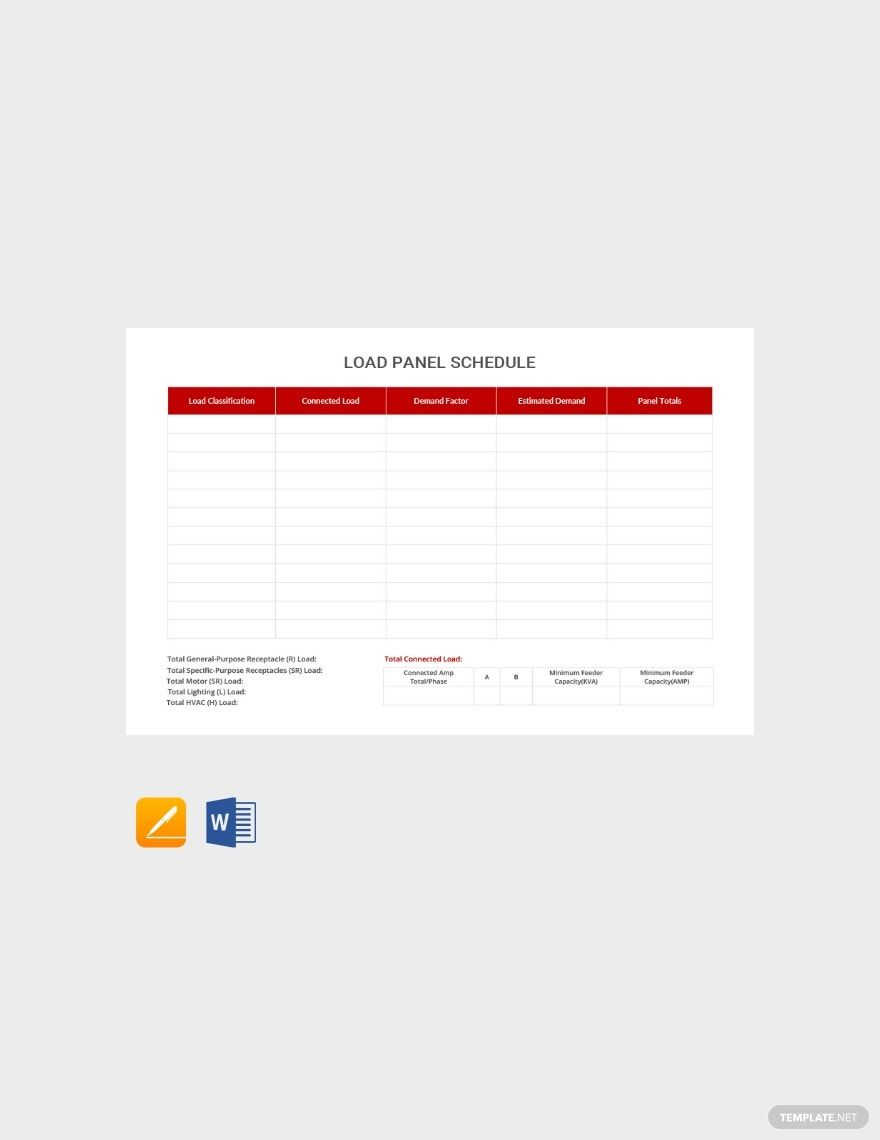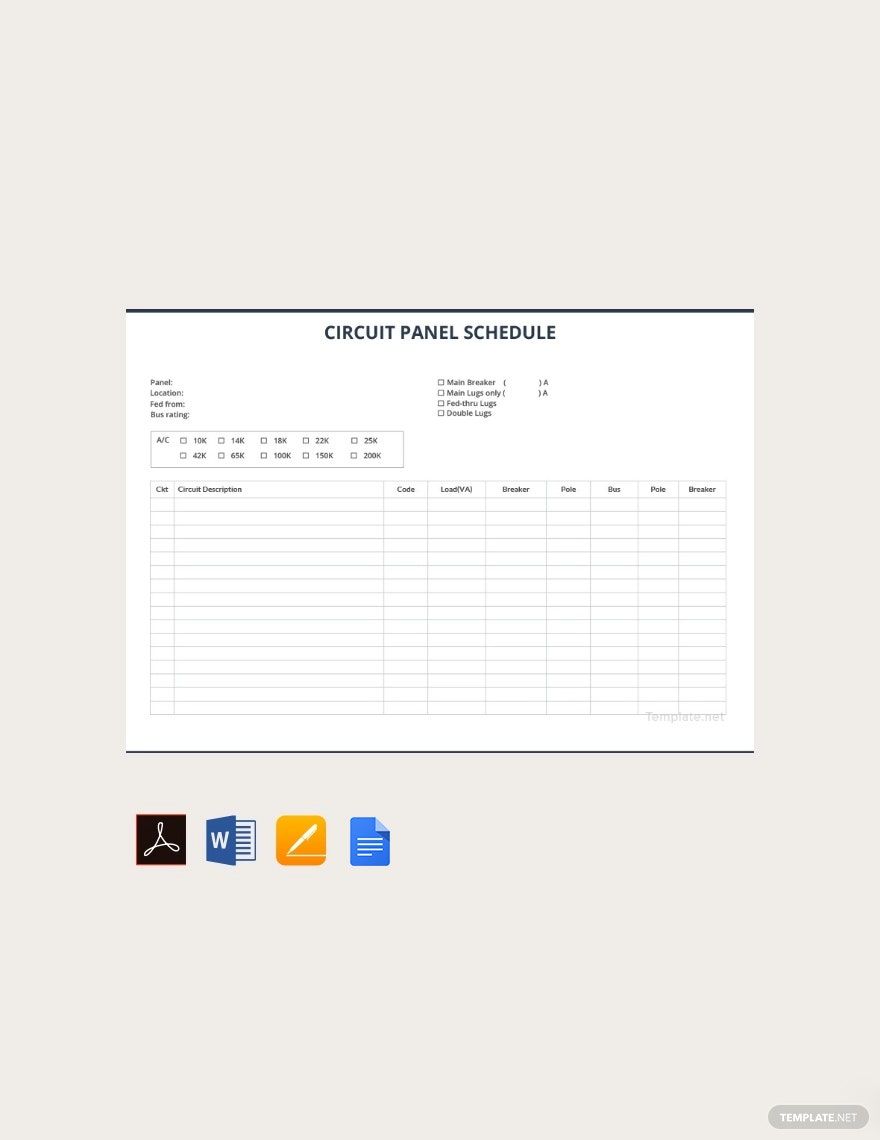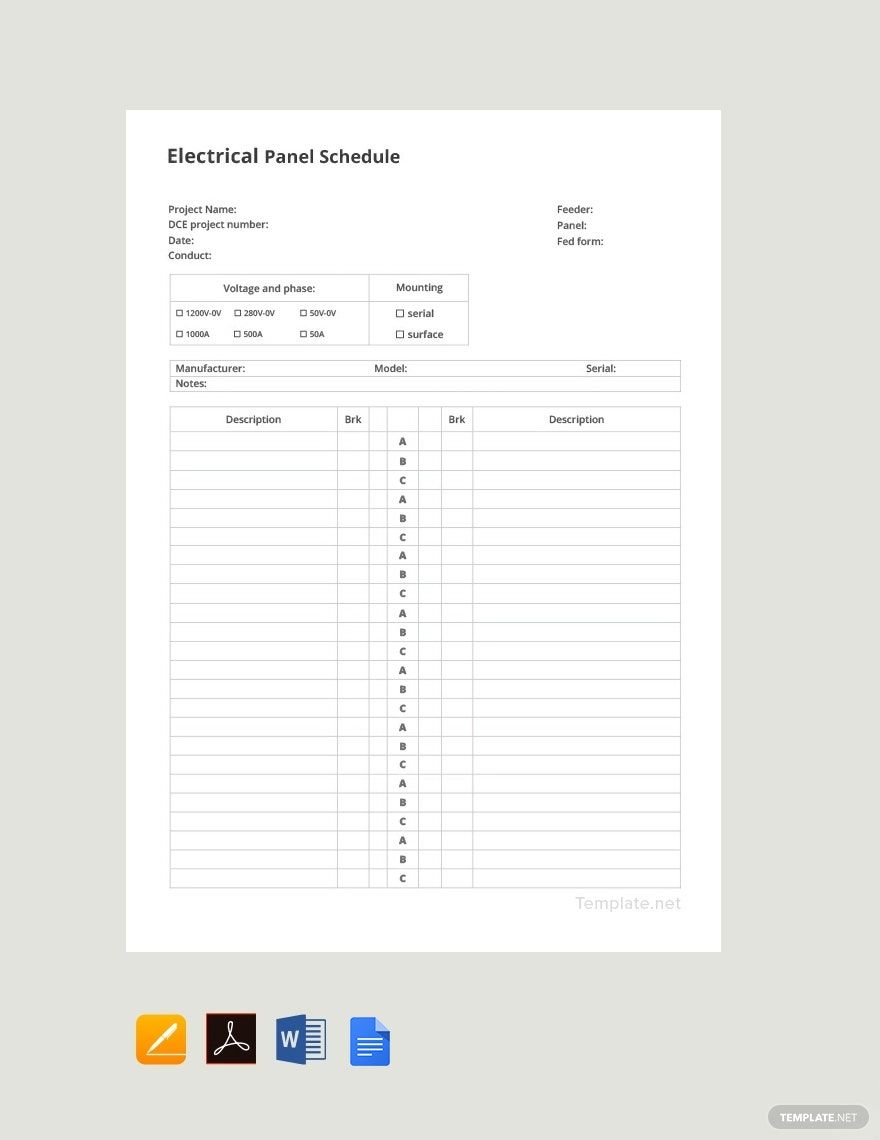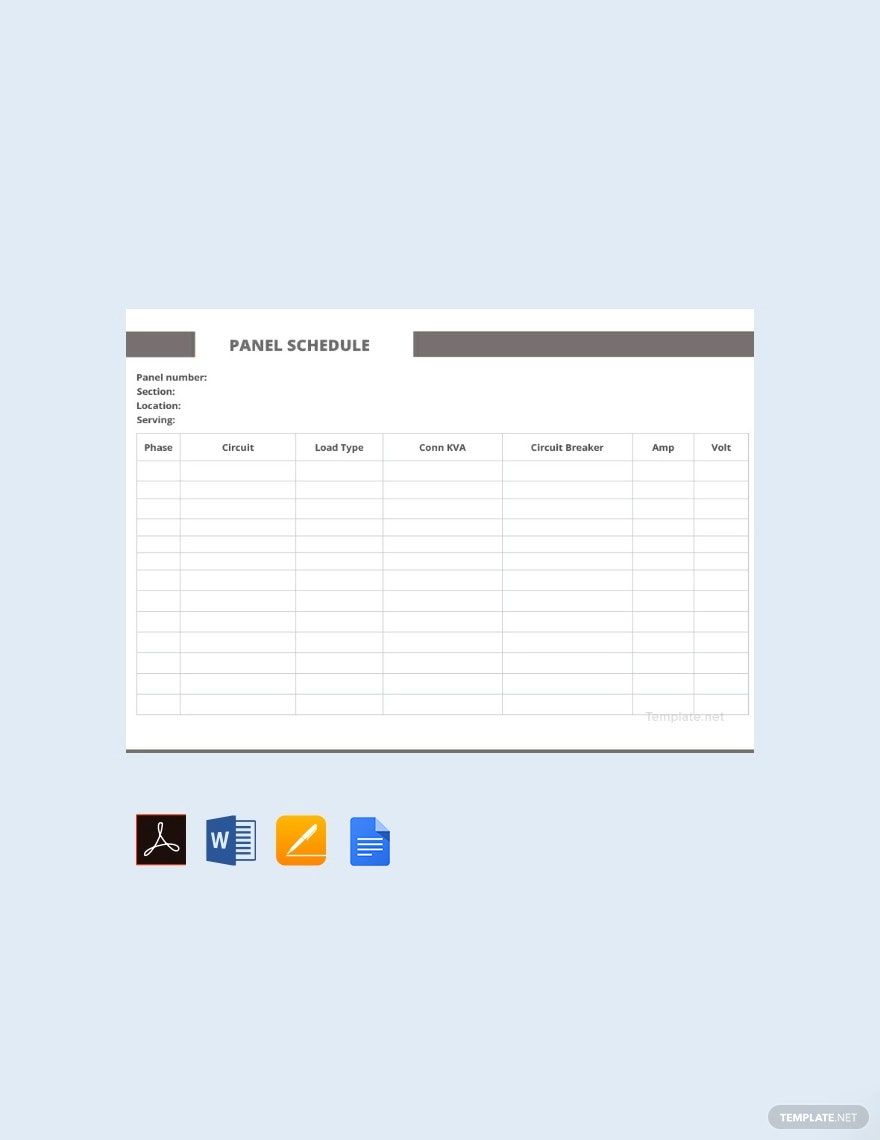Make Your Event Planning Seamless with Panel Schedule Templates from Template.net
Bring your event planning to life with Panel Schedule Templates from Template.net. These professionally designed templates are perfect for conference organizers and event planners who want to keep their audience informed, manage time effectively, and plan events with precision. Whether you're organizing a multi-day conference or hosting a series of educational talks, our templates offer a structured way to promote your agenda. Include key details such as time, date, and location effortlessly. With these templates, there's no need for advanced design skills; enjoy the benefits of professional-grade layouts that ensure your event schedule is both visually appealing and functional. Customize for digital distribution or print, allowing for flexibility in how you share your event details.
Discover the many panel schedule templates we have on hand to simplify your planning process. Choose from a diverse range of templates and effortlessly swap in your content, adjusting colors and fonts to match your brand. With drag-and-drop icons and graphics, plus options to add animated effects, you can create dynamic and engaging schedules. The possibilities are endless and require no specialized skills, making it fun and accessible for anyone. We regularly update our library with new designs, ensuring your schedules stay fresh and relevant. When you’re finished, download your schedule or share it via link, email, or print. This approach is ideal for multiple channels and allows for real-time collaboration with your team.
